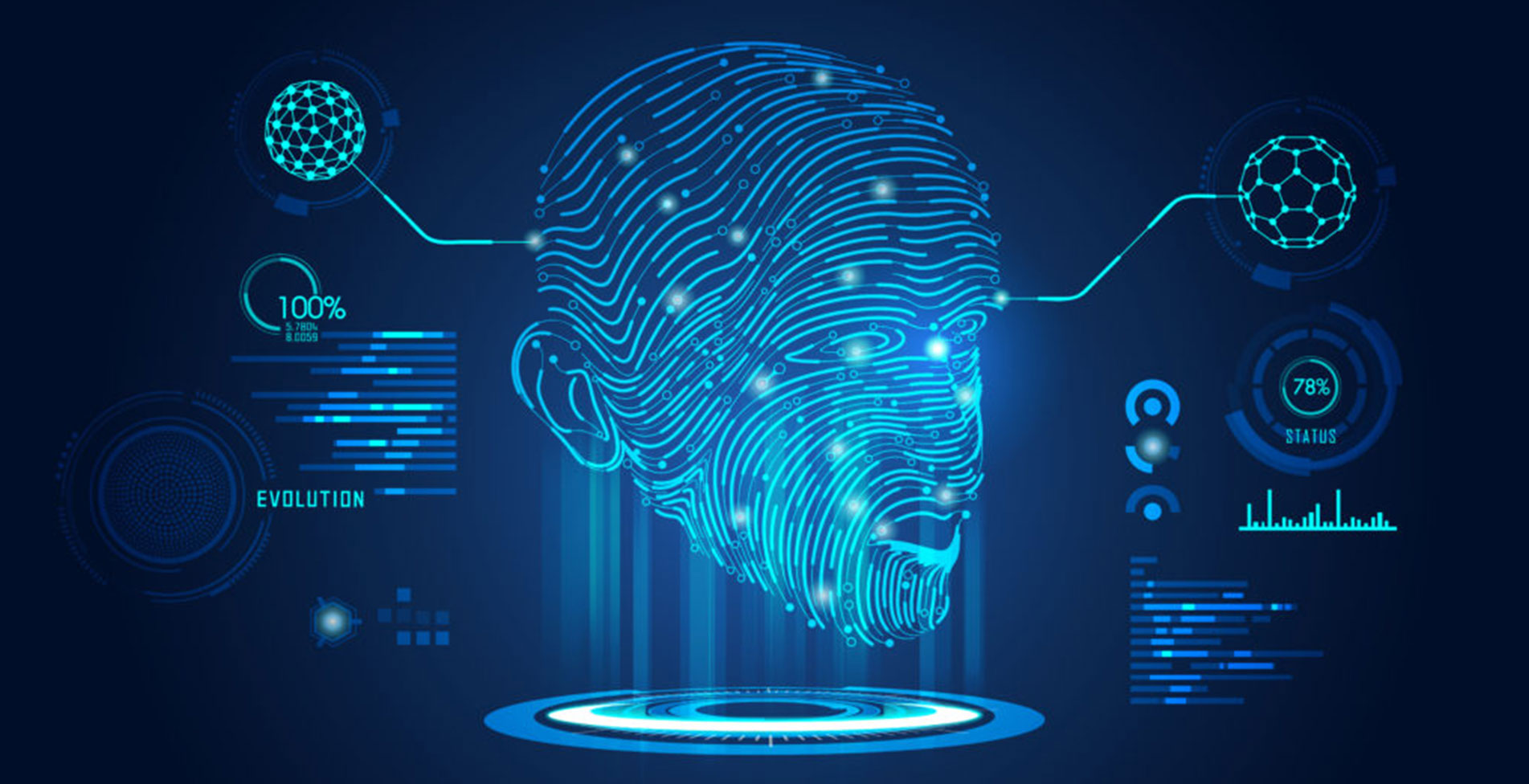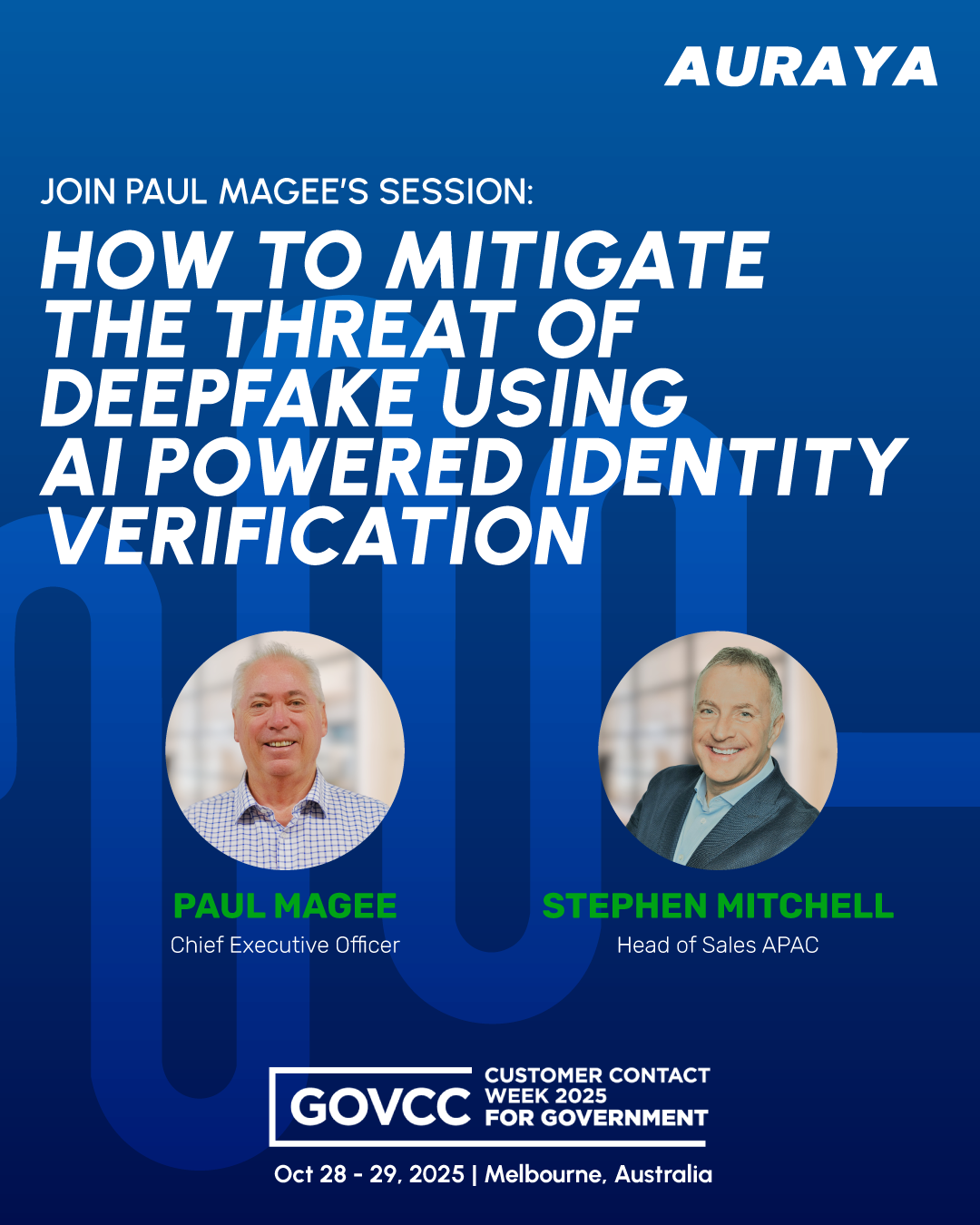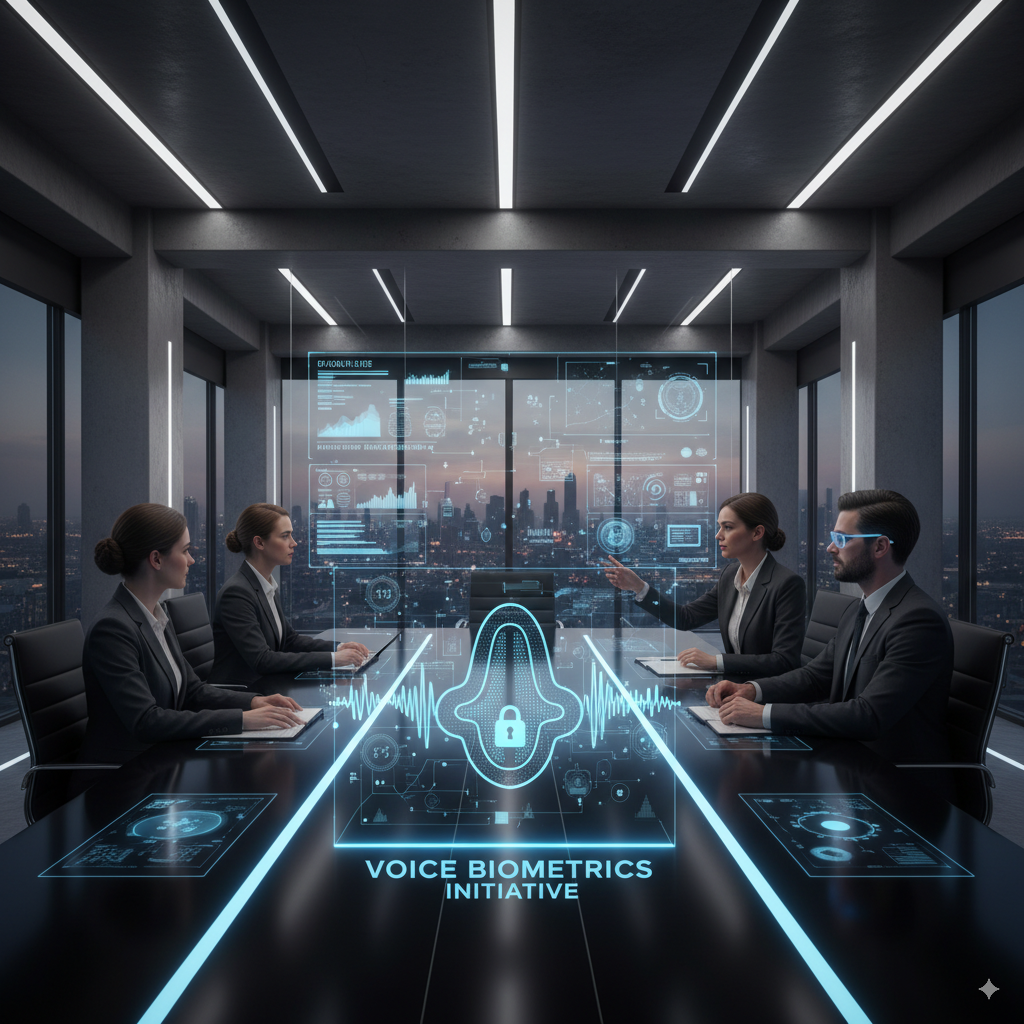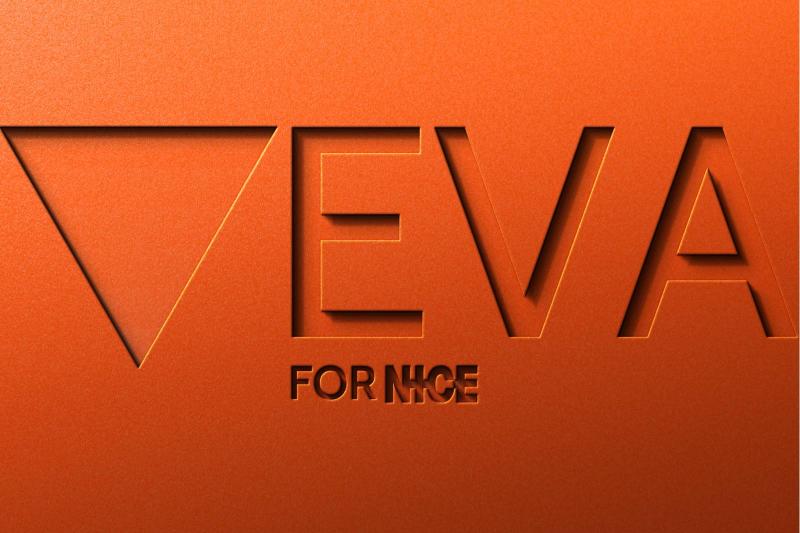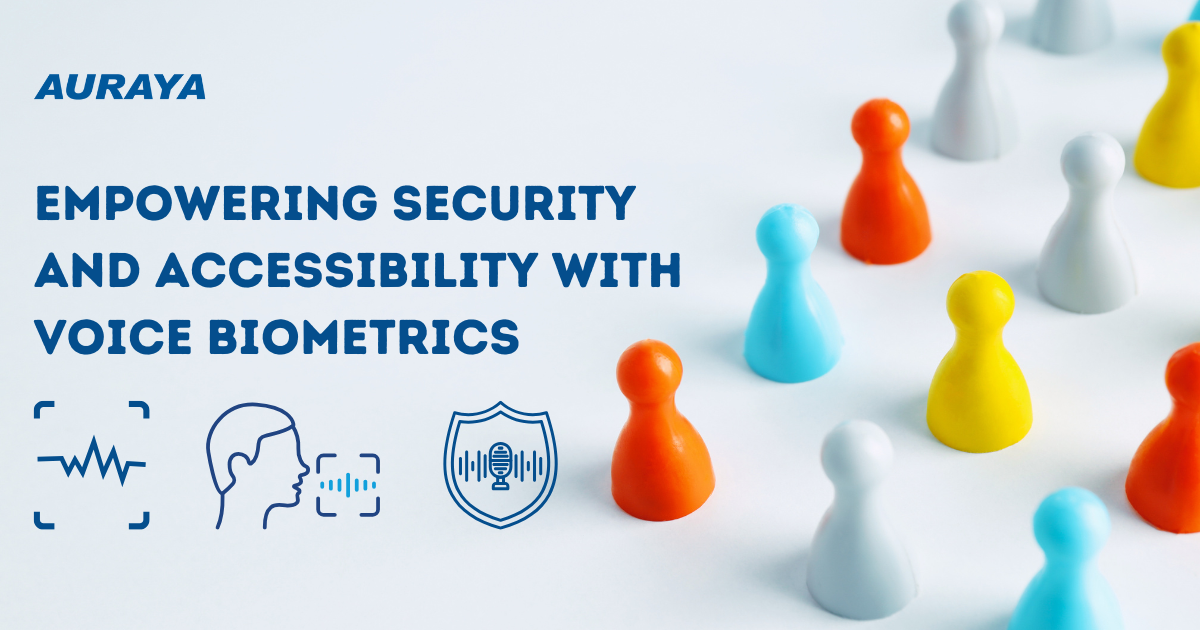Navigating compliance and data privacy in the era after legacy voice biometrics requires a robust strategy and a relentless focus on security, especially for a global leader. Organizations must address heightened privacy requirements and security threats, including those posed by AI-driven attacks, while remaining compliant with complex regulatory frameworks like the Privacy Act 1988. The transition to next-gen biometric technology presents opportunities to enhance protection, streamline operations, and deliver frictionless customer experiences, but also demands sophisticated solutions and careful oversight.
The Post-Legacy Shift: Why Change Was Needed
Legacy voice biometric systems struggled in three key areas: usability, security, and simplicity. Early solutions imposed friction on users and were susceptible to issues like poor voice capture and vulnerability to spoofing. As digital transformation accelerated and threats such as deepfakes emerged, the limitations of older technologies became evident. Modern enterprises required tools that could authenticate users unobtrusively, detect impostors in real time, and safeguard sensitive data as regulations grew more stringent.
Auraya’s next-generation technology, EVA, is conceived to solve these issues. By incorporating machine learning, advanced speaker profiling, and synthetic voice detection, Auraya delivers seamless yet highly secure authentication for millions worldwide, proving how innovation can reshape industry standards for usability and trust.
Rethinking Compliance in Australia
Australia’s regulatory environment is governed by the Privacy Act 1988, the Australian Privacy Principles, and, in some sectors, State-specific regulations (such as the Health Records and Information Privacy Act 2002). The law treats biometric information,such as voice patterns,as sensitive personal data. Organizations must demonstrate clear consent protocols, transparent purpose limitation, and robust security controls. The compliance challenge is compounded by the global reach of cloud solutions, requiring mechanisms for cross-border data protection when voiceprints traverse jurisdictions.
For Auraya clients, privacy isn’t just a legal checkbox,it’s integral to business trust. Sophisticated encryption, strict access controls, and continuous monitoring are vital. Auraya’s systems are designed not only to meet but exceed privacy specifications, supporting international customer portfolios with the assurance of lawful, ethical data handling.
Tackling Data Privacy in the Age of AI
AI-driven threats such as voice cloning and deepfakes have raised the stakes for biometrics. Traditional verification methods can be circumvented with generated or manipulated voices, posing risks to identity authentication. Auraya’s platforms are equipped to detect synthetic speech and impostor patterns, offering real-time defenses against evolving attacks. EVA’s deepfake detection technology is an industry benchmark, integrating seamlessly with identity and access management systems like Auth0, PingFederate, Okta, and Amazon Connect, enabling multi-factor authentication without sacrificing user convenience.
Customer data is encrypted both in transit and at rest, and platform integrations are subject to rigorous security vetting. Transparency and user empowerment are central: users can access information on how their voice data is processed, stored, and protected, aligning with Australian privacy best practices.
Advantages of Next-Generation Voice Biometrics
Moving beyond legacy systems, Auraya’s solutions unlock critical benefits for enterprises and their customers:
- Rapid, frictionless authentication enables secure access in seconds, improving customer satisfaction and reducing call handling time.
- Proven fraud prevention delivers measurable annual savings, with technology trusted by leading banks, governments, and health organizations.
- Flexible deployment,on-premises, cloud, or hybrid, enables organizations to tailor implementations to their governance and geographic needs.
- Customer-centric privacy: voiceprints are never stored as raw audio, but as securely encrypted digital signatures, minimizing data exposure.
A Blueprint for Responsible Innovation
As the biometrics landscape evolves, best practice calls for proactive engagement with compliance and privacy issues. Lawyers and compliance teams should champion continual improvement in privacy-by-design, support transparent user communications, and stay ahead of regulatory developments. Auraya demonstrates how combining breakthrough technology with rigorous compliance can empower organizations to deliver safer, smarter, and more convenient digital services.
From seamless onboarding to ongoing monitoring, voice biometrics offer tomorrow’s authentication today,when deployed responsibly, with privacy and trust front and center. For organizations navigating the post-legacy era, collaboration with forward-thinking partners like Auraya ensures that data privacy isn’t just a requirement, but a foundation for growth and resilience in a changing world.

